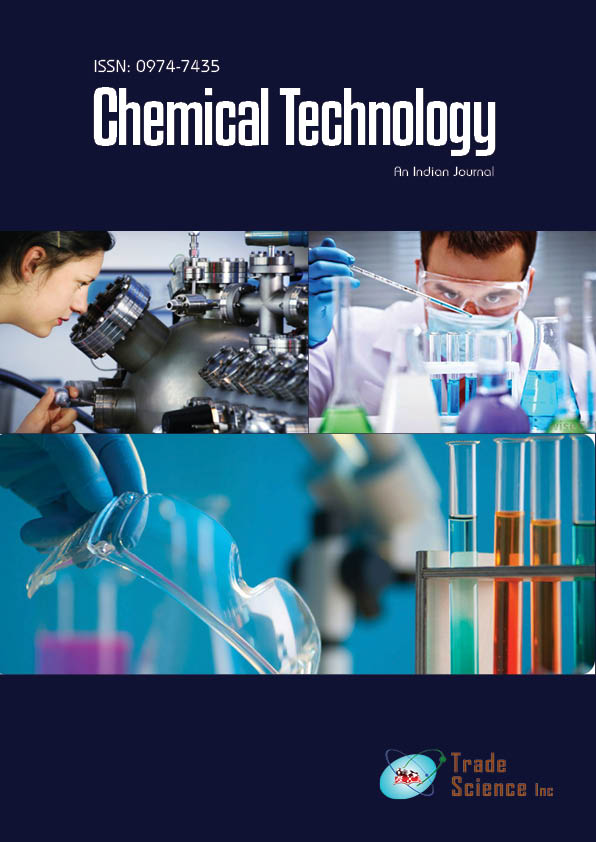Abstrait
Electricity generation form dairy waste water through microbial fuel cell technology
S.D.Purswani, S.S.Atkare, G.Bhumkar, M.B.Patil
The increasing risk of global warming by greenhouse gasses requires further development of renewable energy sources. Sharp escalation in prices and fast depletion of conventional energy sources leads to search for an alternative energy. Microbial fuel cell technology is a new type of renewable and sustainable technology for electricity generation. It recovers energy from materials that are difficult to dispose of such as sugar waste water, municipal waste water, dairy waste water and paper industry waste water. Biological hydrogen production processes are found to be more environment friendly and less energy intensive. Microbial fuel cells are electrochemical device used for converting chemical energy contained in organic matter into electricity by means of catalytic (metabolic) activity of livingmicroorganisms. It is an alternative method to reduce cost of treatment and generate electricity. Microbial source uses dairy waste water as a substrate for the production of electricity. Microbial fuel cells have an advantage over other electricity production methods because of their high efficiency. Some experimentation was carried out by using wastewater fromvarious sources and urine asmicrobial fuel cell feed. Using Proton exchange membrane as electrolyte open circuit voltage of 0.46V with waste water and 0.42V using urine waste was observed.
